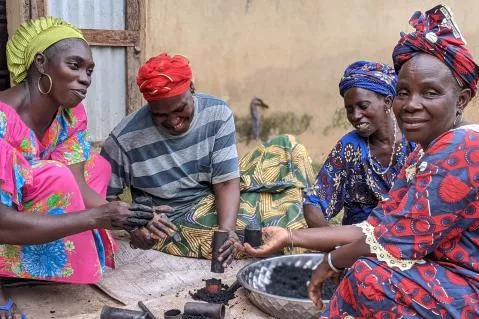Gender and Inclusive Development
A growing body of evidence demonstrates that an inclusive development approach leads to better development outcomes. Simply put, inclusion and equity are key to achieving aid effectiveness
Gender equality is a prerequisite for democracy. There is a direct link between the health of any democracy and the ability of all members of a society to participate freely and safely in politics and public life without discrimination or reprisal, regardless of gender identity. This includes the participation of women and girls, in all their diversity, in formal political and peace processes and informal avenues.
Authoritarian leaders are launching an assault on gender equality and democracy, threatening decades of progress. These attacks manifest through brutal gender-based violence, harassment, and other targeted crimes, along with closing space for human rights and freedoms. Women’s political empowerment is essential to building and sustaining strong, peaceful, and inclusive democracies. Formal political institutions are more democratic and responsive to citizens’ needs when the institutions include meaningful women’s representation and increased women’s mobilization in civil society tends to align with positive trends in democratization. Increasing gender equality is not only a crucial human rights issue but imperative for global democratic resilience.
-
-
-
-
-
-
Article
Women in Power Summary Report
Inclusive development is an equitable development approach built on the understanding that every person and community, of all diverse identities and experiences, is instrumental in the transformation of their own societies. Their engagement throughout the development process leads to better outcomes. Adopting an inclusive development approach ensures that the needs and priorities of marginalized and underrepresented groups are considered throughout development. Through inclusive development, USAID implements activities that combat stigma and discrimination, promote empowerment and inclusion of marginalized and underrepresented groups, and improve the lives of populations in high-risk situations.
-
-
-
-
Training and Learning Material
Inclusive Development Course

